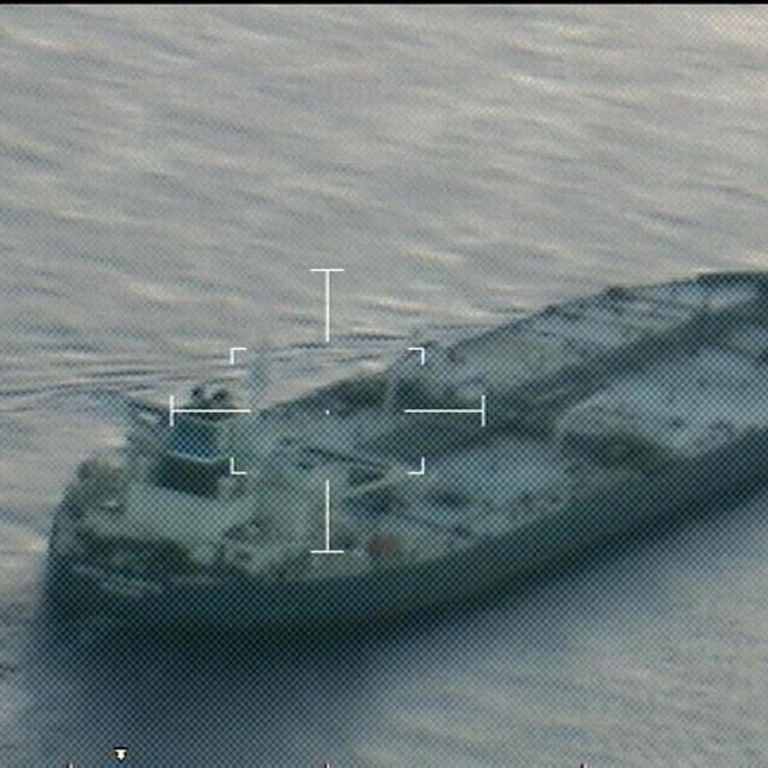
Tanker unable to unload Kurdish oil as US court says it should be seized
Tanker unable to unload because judge says its US$100m cargo should be seized
One hundred kilometres off the coast of the US state of Texas sits a crude-oil tanker fully loaded with years of antagonism between the Kurdish region of Iraq and the central government in Baghdad.
The United Kalavrvta, a tanker the length of three football fields, is carrying millions of barrels of crude oil from the Kurdish region of Iraq. It set sail for Galveston, Texas, but never got there.
The central government of Iraq, despite recent military setbacks, sent its American lawyers to do battle in the federal court in southern Texas, where a judge ruled that the tanker's cargo, worth about US$100 million, should be seized if it came within Texas state waters.
The core of the dispute: The Iraqi government says that the crude cargo belongs to the Baghdad Ministry of Oil and that it was never the property of the Kurdistan regional government. But the Kurds argue that the Texas court doesn't have jurisdiction, and they filed a motion on Monday in the court to lift the restrictions on the oil.
Michael Howard, an adviser to the Kurdish minister of natural resources, said in an interview that "it's a constitutional issue that should be determined in Iraq and shouldn't be exported to US courts".
As the legal case plays out, the ship waits in the Gulf of Mexico, the fate of its cargo unclear. The drama in Texas is just part of a global play being made by the Kurdistan regional government, which is desperately seeking money in the midst of turmoil in Iraq. The Kurds, many of whom have long sought an independent state, say the central government in Baghdad has stopped providing the northern region with its share of the national budget.
If the Kurds could sell their own oil, they would also potentially secure the financial base they need to finally declare their independence.
US officials thought they had brokered an agreement between the Kurds and Baghdad in March, and they were unhappy when it fell apart, according to State Department officials who spoke on condition of anonymity.
Then the Kurdistan tegional government worked out a deal with Turkey to load the tankers. Iraq said Turkey's agreement to load Kurdish oil violated accords between the two nations.
The United Kalavrvta is one of five tankers that have been loaded with Kurdish crude oil at the Turkish port of Ceyhan since late May. One delivered its cargo in Israel, with rumours of deep discounts. Another, the United Emblem, which like the United Kalavrvta belongs to a Greek firm called Marine Management Services, is currently in the Strait of Singapore; Reuters reported that it had transferred its cargo at sea to an unidentified tanker last week. Still another tanker, the Kamari, left Ceyhan on Friday and was heading for Egypt's Port Said.
As part of the deal with Turkey, buyers of the oil can make payments to the Kurdistan regional government through Turkiye Halk Bankasi, a state-owned bank.
Senior Kurdish officials visiting Washington early last month said they wanted to change the State Department's posture and allow Kurdistan to sell its own oil. They said that Baghdad had not paid Kurdistan anything this year and that they should be able to sell oil to make up for that.
"We don't understand why the State Department has on one hand said we need your help to save Iraq, but we are not giving you any economic tools and you have to do what [Prime Minister Nouri al-] Maliki tells you to regarding oil," Howard said.
